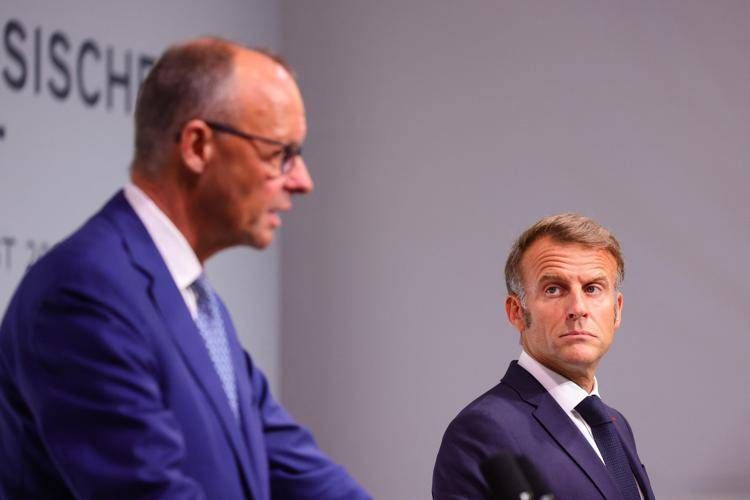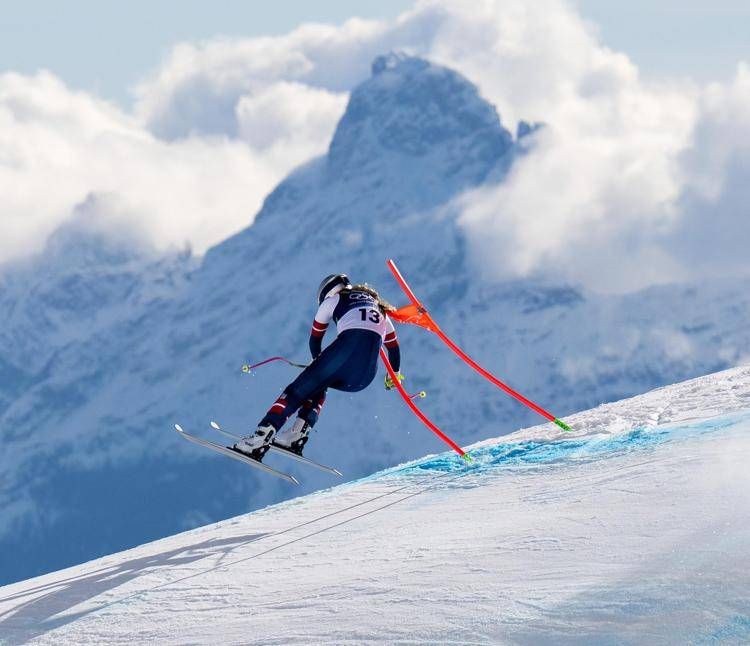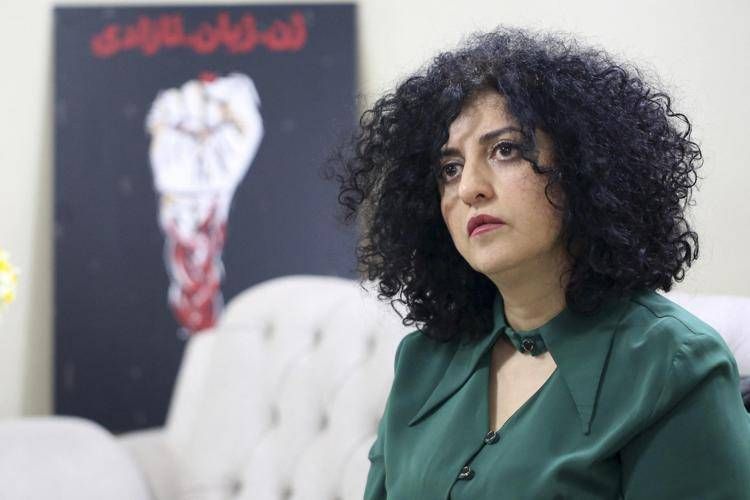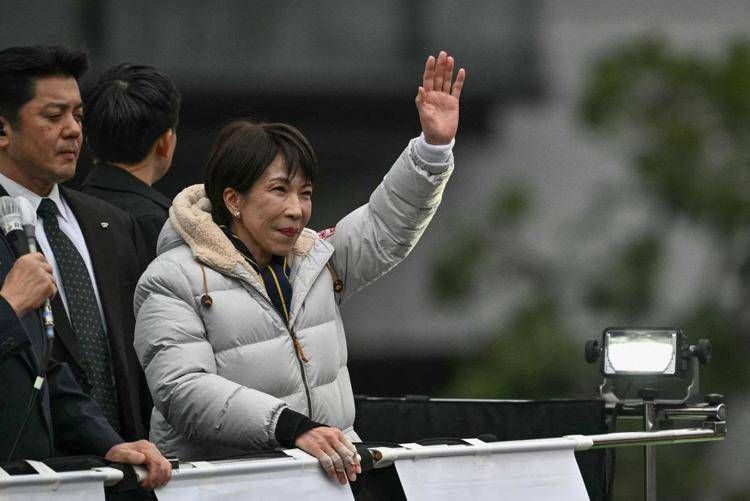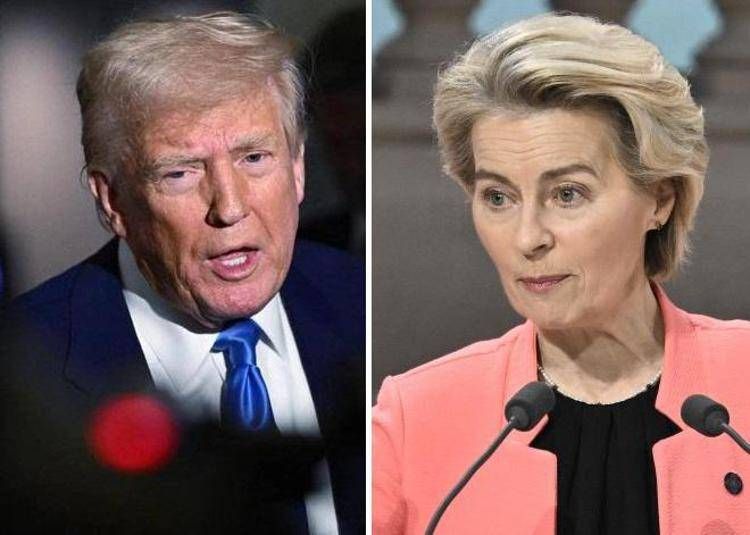
Russia sanctions tighten: EU and US target energy and finance
-
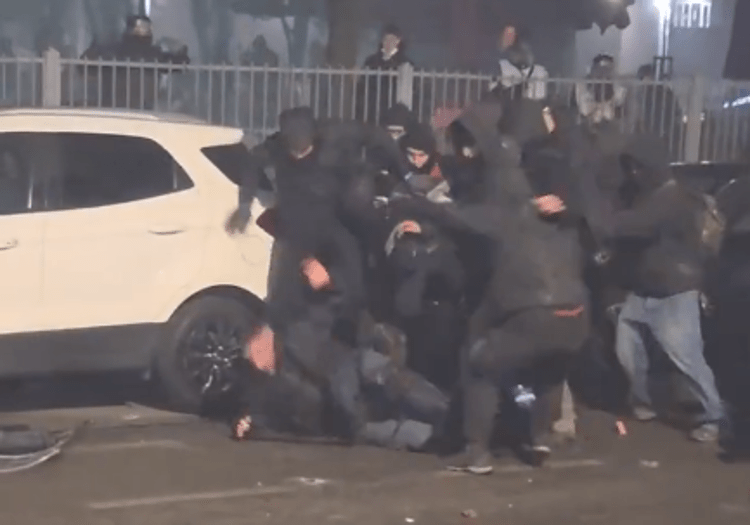

Video shock, poliziotto aggredito negli scontri di Torino
-


Alberto Trentini e Mario Burlò sono in Italia dopo la liberazione VIDEO
-
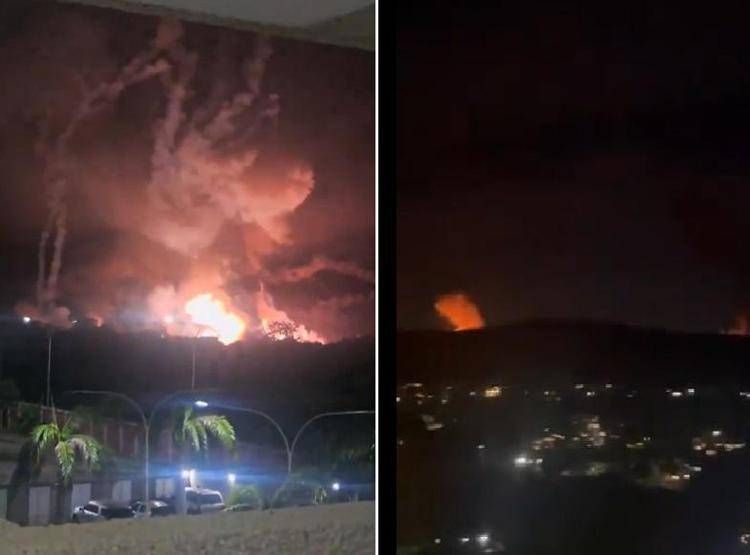

Overnight explosions in Caracas hit military area, widespread power outages reported VIDEO
-


Attacco Usa in Nigeria contro l’Isis, Trump: “Risposta al massacro di cristiani” VIDEO
Brussels launches its 19th sanctions package against Moscow, while Washington strikes Rosneft and Lukoil. Pressure mounts for a ceasefire in Ukraine
Russia sanctions remain a divisive tool. While they aim to pressure Vladimir Putin into halting the war in Ukraine, the debate continues over their actual impact. Some argue Moscow’s economy is suffering; others claim the sanctions are blunt instruments that hurt Europe more than Russia.
This week, the European Union unveiled its 19th sanctions package, while the US Treasury announced fresh measures targeting Russia’s oil giants. Rosneft and Lukoil are now in Washington’s crosshairs, accused of obstructing peace efforts in Ukraine.
Trump’s sanctions strategy: symbolism and leverage
In Donald Trump’s foreign policy, Russia sanctions serve a dual purpose. They’re not just punitive—they’re symbolic, akin to tariffs. Economic pressure becomes a bargaining chip, strengthening the West’s negotiating position. When deployed simultaneously by both sides of the Atlantic, the sanctions form a tighter grip around Moscow and its global network of evasive manoeuvres.
EU targets gas, shadow fleet and financial networks
The latest EU sanctions strike at Russia’s remaining unsanctioned assets. A phased ban on liquefied natural gas (LNG) imports is the headline measure: short-term contracts must be terminated within six months, while long-term deals have until 1 January 2027.
The Kremlin’s shadow fleet also faces new restrictions. An additional 117 vessels have been blacklisted, bringing the total to 558. Financially, five Russian banks are now fully barred from transactions. Restrictions have also been extended to electronic payment systems and banks in Belarus and Kazakhstan.
Further measures prohibit European operators from engaging with nine Russian special economic zones and ban reinsurance for Russian aircraft and ships sold to third countries within five years of purchase.
Cracking down on sanctions evasion
The EU is sharpening its tools to combat sanctions evasion. Forty-five new entities have been identified, including 17 outside Russia. Export bans now cover more industrial goods and sensitive items. European firms have been granted an extra year to divest from Russia, with the aim of winding down commercial operations entirely.
Russia sanctions – political unity remains the missing piece
Russia sanctions are only as effective as the political will behind them. A transatlantic alignment appears to be forming, but much hinges on Trump’s intentions. His stance on Moscow and the Ukraine conflict has often been ambiguous, casting doubt on the long-term coherence of Western pressure.
THE LATEST NEWS
(Source and photo: © AndKronos) Russia sanctions
-

 News20 ore ago
News20 ore agoSospensione delle bollette per il ciclone Harry nelle regioni colpite
-

 International-News9 ore ago
International-News9 ore agoAnderson and Greenwood seek removal of music from Melania documentary
-

 Primo Piano22 ore ago
Primo Piano22 ore agoIl Giorno del Ricordo e le commemorazioni delle foibe in Italia
-
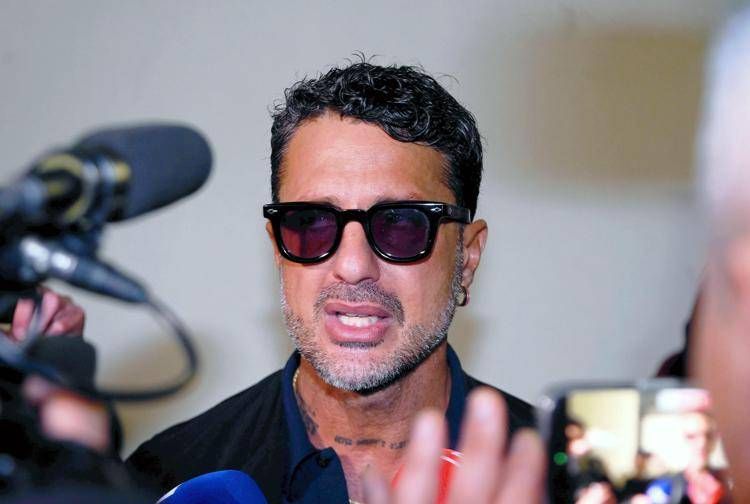
 News12 ore ago
News12 ore agoDenuncia per Fabrizio Corona: non rispettato divieto di pubblicare su Signorini


